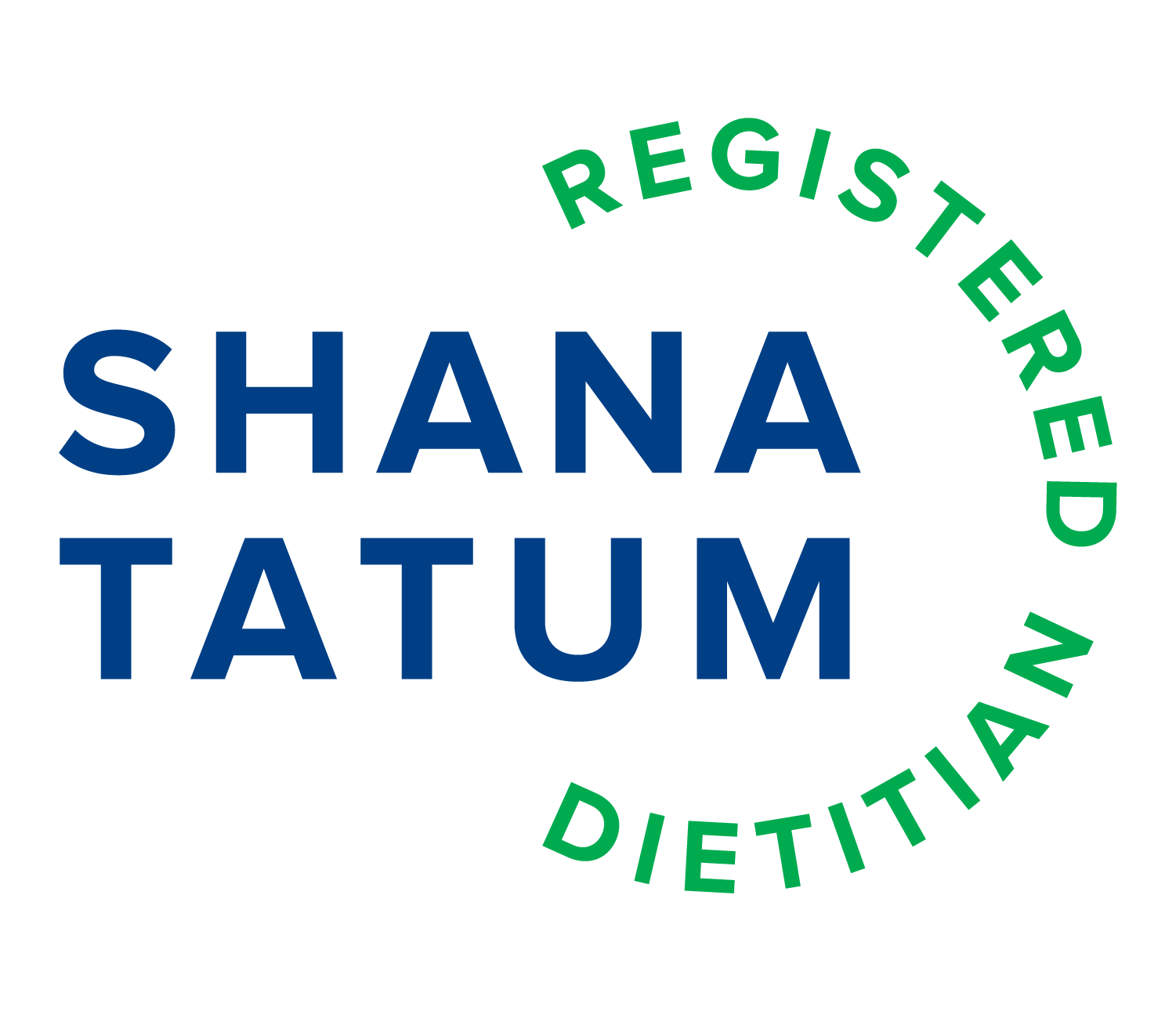Unlocking the Power of Olive Oil: Supporting Brain Health and Reducing Dementia Risk
As a dietitian specializing in integrative and functional medicine, I often emphasize the profound impact nutrition can have on long-term health. One standout food that has captured attention for its role in brain health is olive oil, particularly extra virgin olive oil (EVOO) rich in polyphenols. A recent study published on May 6, 2024, in Nutrition, Obesity, and Exercise sheds light on the connection between olive oil consumption, diet quality, and a reduced risk of dementia-related deaths.
We have read for some time from the research on Mediterranean diets that olive oil is an important feature of a healthy food plan. This recent research provides valuable insights into how incorporating high-quality olive oil into your diet can support cognitive health while elevating overall dietary habits.
The Study: Olive Oil and Dementia
The study explored the relationship between olive oil consumption and the risk of dementia-related mortality. Researchers analyzed dietary patterns and health outcomes among a large population, focusing on the role of olive oil within a Mediterranean-style diet. The findings revealed that individuals who regularly consumed olive oil as part of a high-quality diet experienced a significantly lower risk of dementia-related deaths compared to those who consumed less or none. The dose was 7g/day; one half a tablespoon is equivalent to 7 grams.
The protective effects of olive oil are largely attributed to its rich content of polyphenols—potent plant compounds known for their anti-inflammatory and antioxidant properties. These polyphenols help combat oxidative stress, a key factor in neurodegeneration and cognitive decline. There is also accumulating evidence that suggests the gut microbiome may be modulated and influenced by the polyphenols highlighting a two-way interaction between gut flora and the brain. Additionally, the monounsaturated fats in olive oil contribute to cardiovascular health, indirectly supporting brain function by improving blood flow and reducing inflammation.
Tips for Selecting Olive Oil High in Polyphenols
Not all olive oils are created equal. The quality and polyphenol content of the olive oil you choose can make a significant difference in its health benefits. Here are some practical tips to guide your selection:
1. Harvest Date
Freshness is key when it comes to maximizing the polyphenol content of olive oil. Look for oils labeled with an early-season harvest date. These oils are typically made from fresher and greener olives, which have a higher concentration of polyphenols. Aim to use the oil within 12-18 months of harvest for optimal potency.
2. Taste & Aroma
The sensory characteristics of olive oil can provide clues about its polyphenol levels. A peppery kick in the back of your throat and a bitter, robust flavor are strong indicators of high polyphenol content. Don’t shy away from these bold flavors—they’re a sign of the oil’s health-promoting compounds.
3. Certifications & Polyphenol Testing
Some premium olive oil brands list actual polyphenol levels on their labels (e.g., 600 mg/kg), providing transparency about their product’s health benefits. Look for third-party certifications or testing to ensure you’re purchasing a high-quality product.
4. Packaging
Exposure to light and heat can degrade the polyphenols in olive oil. Opt for oils packaged in dark glass bottles or tins, which protect the contents from environmental damage. Store your olive oil in a cool, dark place to preserve its beneficial properties.
5. Transparent Labeling
Reputable producers often share detailed information about their olive oil, such as the variety of olives used, the harvest location, and the processing methods. This transparency reflects a commitment to quality and ensures you’re getting a product with maximum health benefits.
Practical Ways to Incorporate Olive Oil into Your Diet
Incorporating olive oil into your daily routine doesn’t have to be complicated. Here are a few simple ideas:
As a Supplement: Take a tablespoon in the mornings straight out of the bottle.
Drizzle Over Vegetables: Enhance the flavor and nutritional value of roasted or steamed vegetables with a generous drizzle of olive oil.
Use as a Salad Dressing: Combine olive oil with lemon juice or balsamic vinegar for a quick, heart-healthy salad dressing.
Add to Soups or Stews: Stir a spoonful of olive oil into soups or stews before serving for a flavor boost and added nutrients.
A Holistic Approach to Brain Health
While olive oil is a powerful tool for supporting brain health, it works best as part of a comprehensive approach to wellness. Pairing olive oil with a nutrient-dense, Mediterranean-style diet rich in vegetables, fruits, whole grains, lean proteins, and nuts amplifies its benefits. Regular physical activity, stress management, and quality sleep are also critical components of cognitive health.
Final Thoughts
The findings from this study underscore the importance of mindful dietary choices in promoting long-term brain health. By selecting high-quality, polyphenol-rich olive oil and incorporating it into a balanced diet, you’re not only enhancing your meals but also taking proactive steps to protect your cognitive function. Small changes in your kitchen can lead to significant benefits for your mind and body—an investment in health that’s truly worth making.

